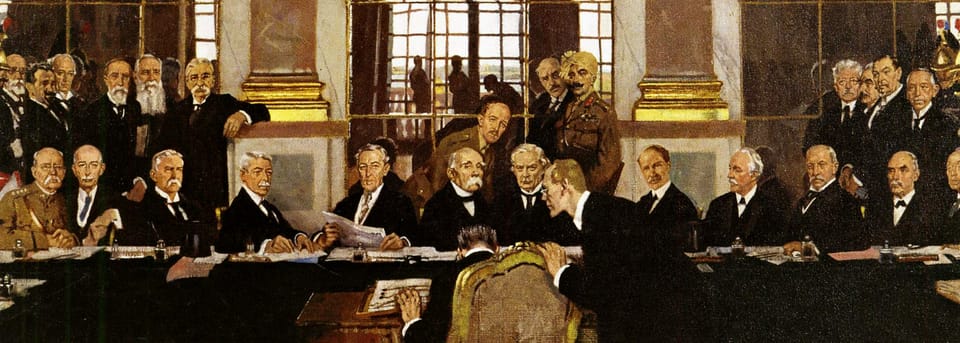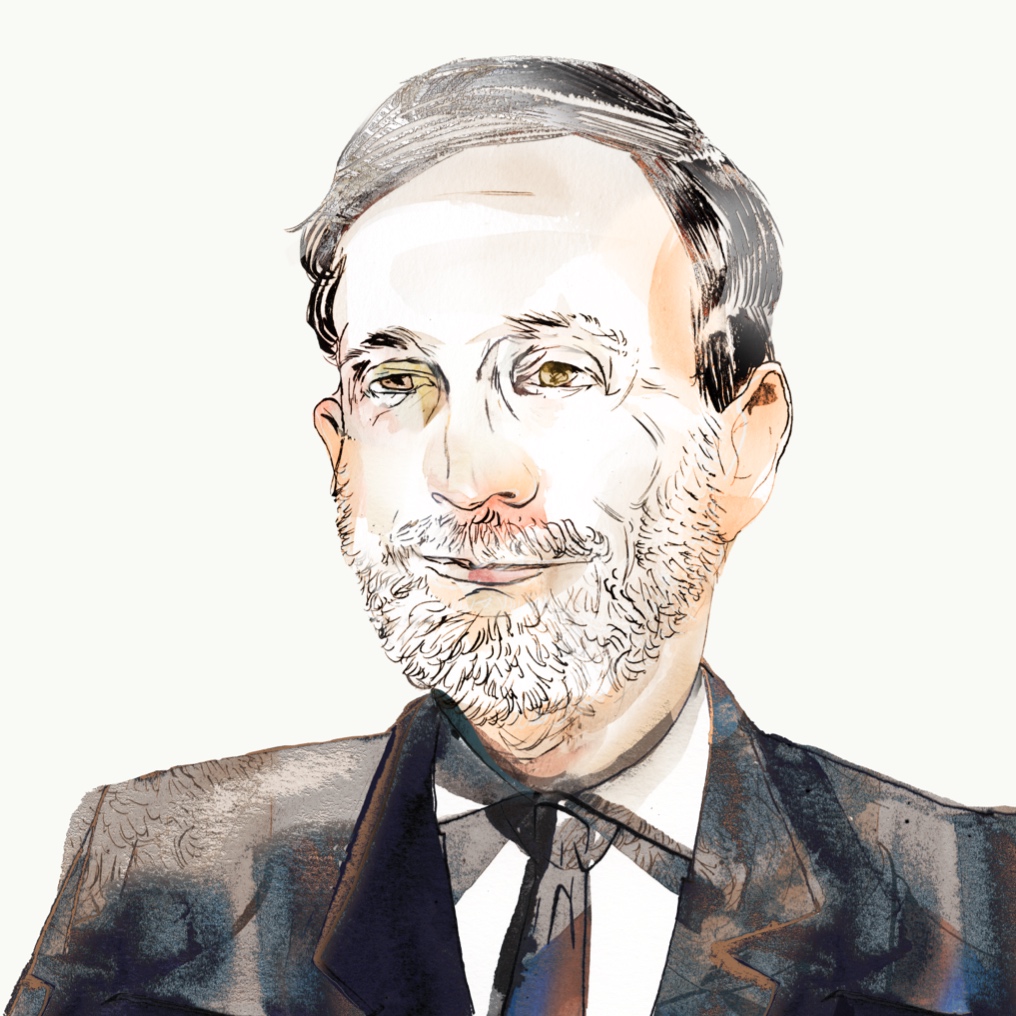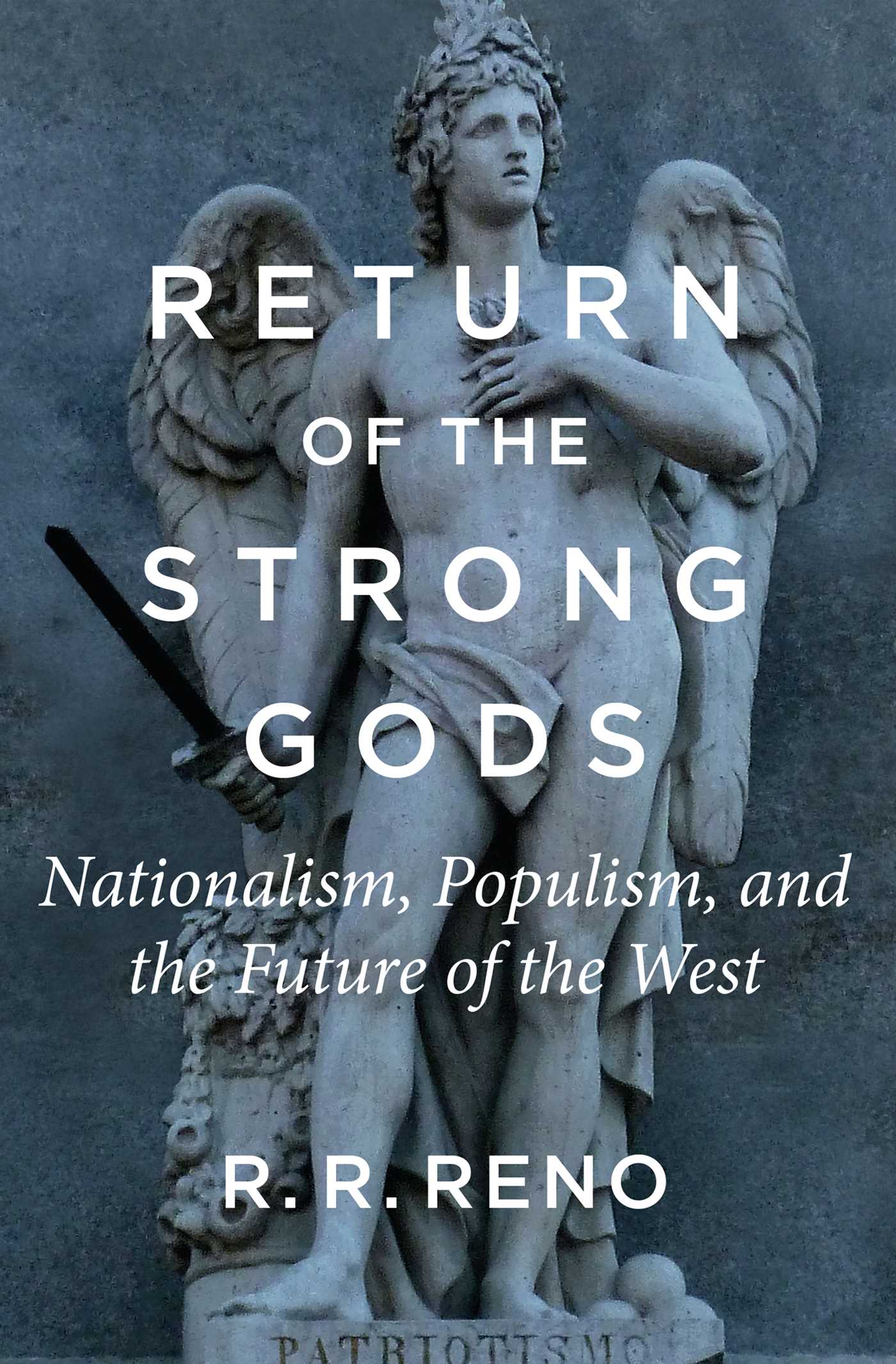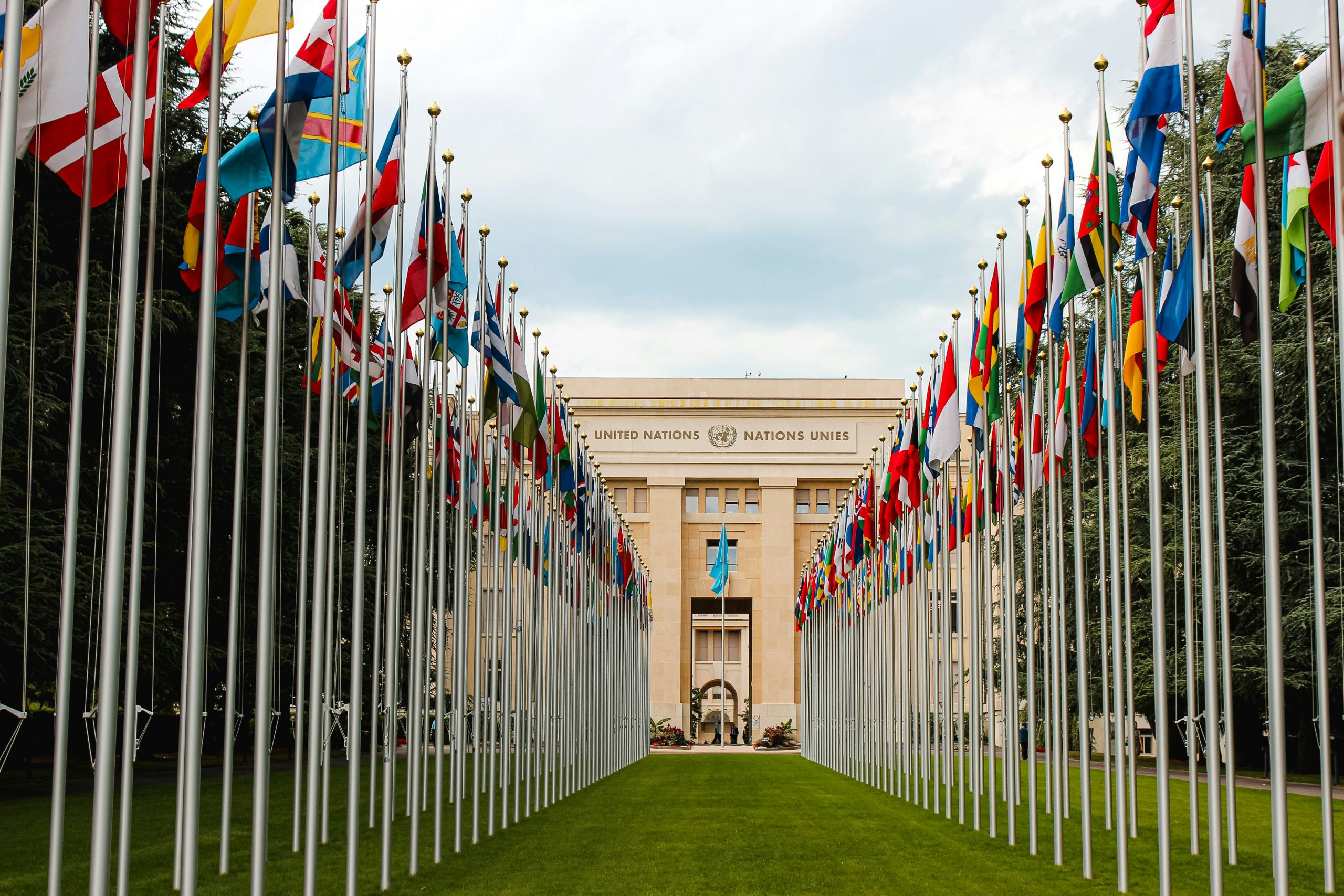May 2025 Meetup - Strong gods lost in a hall of mirrors

The phrase "post-war consensus," sometimes shortened to "PWC," refers to the broad political, economic, and cultural agreement that emerged in the West—especially in the United States and Britain—after World War II, characterized by a shared commitment to liberal democracy, managed capitalism, technocratic governance, and an expansive welfare state. It is presumed that peace, prosperity, and human flourishing could be secured through expert-led institutions, global economic integration, secular pluralism, and progressive moral norms.
Under the shadow of a nuclear cloud and memories of the horrors of the greatest wars in known human history, the unprecedented stability and growth seen by America and her allies hid the corrosive effects of the new humanist consensus. Baby boomers boiled like proverbial frogs while the new consensus weakened traditional moral frameworks, hollowed out religious and cultural identities, and fostered a technocratic elitism detached from ordinary life and historic Western values.
In short, they traded the grand inheritance of the renaissance and reformation for a bowl of porridge and a TV tray.
Their children were shown shadows on a wall, left to rebel over two dimensional issues while the world managed by consensus elites hurtled toward a three dimensional hell on Earth.
Questions for discussion
Here are some questions and answers, and follow-up questions, to help our meetup conversation.
1. What are the core beliefs that define the post-war consensus?
Answer: At its heart, the post-war consensus was built on the belief that modern liberal democracy, when combined with state-managed capitalism and expert-led governance, could ensure peace and prosperity. It emphasizes institutional trust, economic growth through international cooperation, secular pluralism, and gradual moral progress. These ideals are seen as antidotes to the nationalism and ideological extremism that led to two world wars.
Follow-up 1: Which of these beliefs do you see reflected in today's institutions or culture? Which ones do you think have failed?
Follow-up 2: What are examples of institutions, assumptions, or culture which are a result of the consensus but that we take as normal now?
2. How does the post-war consensus change the way Western society understands authority and tradition?
Answer: The consensus shifts authority away from church, family, and local communities to centralized, technocratic institutions such as the state, universities, and international bodies. Tradition is increasingly perceived as an obstacle to progress, and the root of authority was transferred from scripture and natural law to expertise, sentiment, and social consensus.
Follow-up: Where have you observed authority being redefined or undermined?
3. What role does secularism play in the post-war consensus?
Answer: Secularism is the cornerstone of this shift. Religion has become increasingly privatized and marginalized in public life. Policies and cultural norms are presented as neutral or rational, excluding any explicit theological or moral reasoning. This creates a spiritual void, which is often filled by therapeutic or ideological substitutes such as consumerism, identity politics, or environmentalism.
Follow-up: How do you think this secularism has affected the church’s public witness?
4. In what way does the post-war consensus assume a specific view of human nature?
Answer: The consensus assumes that human beings are essentially rational, autonomous individuals who can be perfected through education, technology, and the right economic conditions. Sin, as understood in traditional theology, is ignored or redefined in psychological or social terms. This anthropology contrasts sharply with the classical Christian view of man as fallen, dependent, and in need of grace and order.
Follow-up: How do modern views of human nature influence policy, parenting, or even church leadership today?
5. What alternatives to the post-war consensus have, or might, emerge—and how can the church respond faithfully?
Answer: With growing distrust in institutions, rising populism, and a hunger for rooted identity, the consensus is fracturing. Alternatives may include nationalism, authoritarianism, or various ideological "re-enchantments" like postmodern spirituality or digital tribalism. The church must respond by recovering its own traditions—especially a robust theology of creation, fall, redemption, and vocation—and offering a coherent, hopeful vision grounded in the gospel and the wisdom of the Christian tradition.
Follow-up: How can we as men, husbands, fathers, or church leaders model a different vision of life in a fragmented world?
Resources
Return of the Strong Gods, R. R. Reno.


From American Reformer


Ogden & friends
What is the postwar consensus?
— Brian Sauvé (@Brian_Sauve) July 9, 2024
Yesterday I asked all of you for your thoughts on this question and received many helpful answers. Here's my basic summary in seven parts:
1. Allies vs. Axis Metanarrative
The Allies were white hats in virtually every sense, saving the world from…
When & where
It's been our intention to hold a meetup at least quarterly at a location which doesn't restrict attendees to ages 21+. This month, we're meeting at Zulu Internet office in Paris, Texas. Feel free to bring your age 13+ sons along. Also, bring your own cigars, pipes, and tobaccos. Adult beverages are BYOB.
Bring your own lawn chair. 🪑
When: Thursday, May 15th, 2025 at 7 PM.






Member discussion